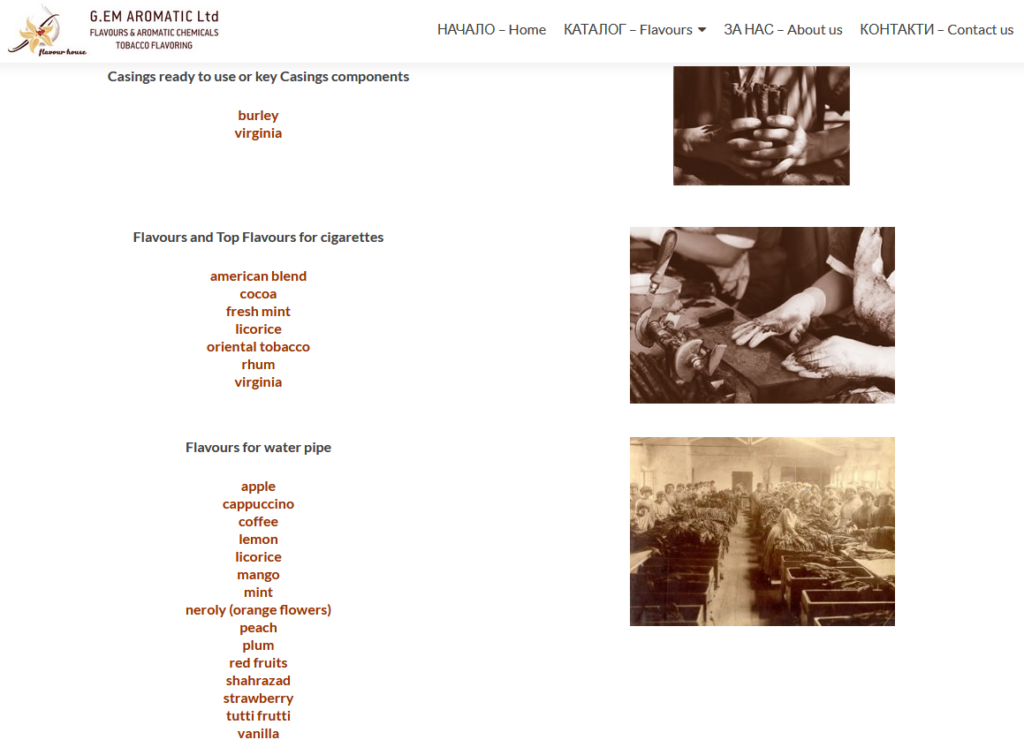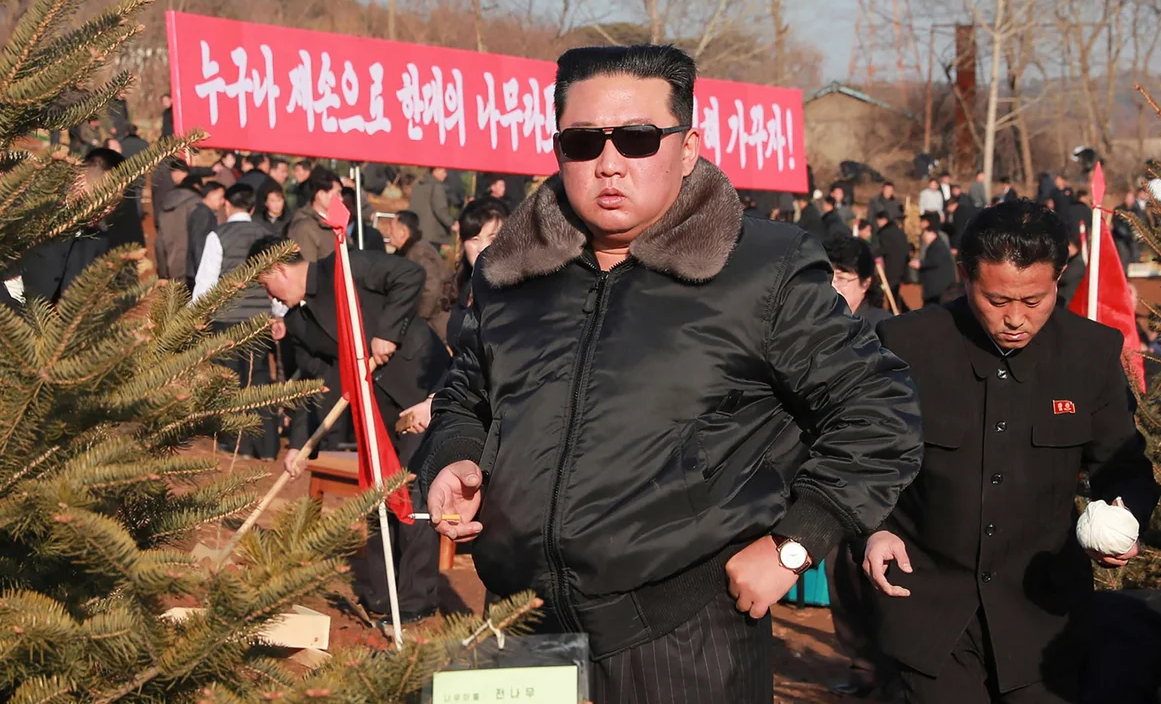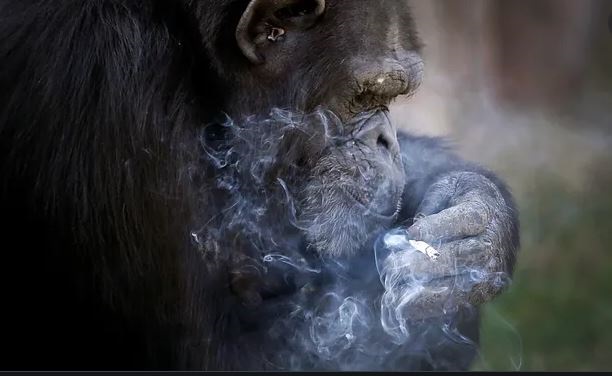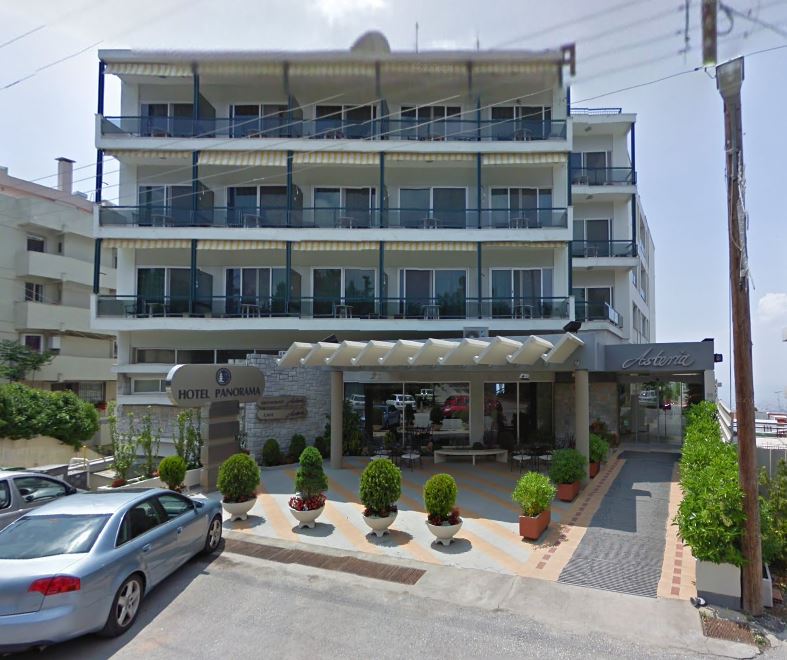Over the last few months, many news outlets have reported on the strange sight of hundreds of rubbish-filled balloons falling over South Korea. This petty act was not the work of a school child, but the activity of a nation’s government – North Korea. These balloons were filled with rubbish including household waste, manure and cigarette butts. It’s these cigarette butts that are often gathered by North Koreans after large public events to sell to garment-makers, according to Radio Free Asia. Ironically, before they end up in balloons or being foraged by desperate North Koreans, cigarette butts are integral to one of North Korea’s most valuable industries – tobacco.
The importance of tobacco
The DPRK’s tobacco industry is hugely important to the regime, with companies such as the North Korean General Tobacco Corporation (NKGTC) owned by the state. It is believed that 2.3% of North Korea’s arable land is devoted to growth of tobacco – the 4th highest percentage of arable land dedicated to tobacco in the world! This clearly undermines the regime’s attempts to appear responsible by introducing tougher legislation on smoking in public spaces and persuading citizens to quit their habits. Despite this, tobacco products are still viewed as a status product in North Korea and is valued as a luxury product.
Here at Pyongyang Papers we have investigated and written a number of articles highlighting sanctioned luxury goods dealings between DPRK and other nations supplying such goods. One such luxury item that we have reported on previously is tobacco. Just last year, British American Tobacco was fined $635m after a subsidiary admitted selling cigarettes to North Korea in violation of US sanctions. According to the United Nations Security Council, tobacco is the fourth largest import into the country, so losing a supply of tobacco on this scale is sure to lead to Kim Jong Un, a lifelong smoker, and the regime looking for other suppliers of this valuable commodity.
Ponyong Tobacco trading Corporation & G-EM Aromatics Ltd
Pyongyang Papers understand that North Korean Ponyong Tobacco Trading Corporation is working on a deal to purchase tobacco and additives from a Bulgarian tobacco flavoring company “G-EM Aromatics”, a company based in Sofia, Bulgaria with Manolis Gkoulgkountinas listed as the Director according to his LinkedIn profile. Surely this activity is in direct violation of UN and US sanctions? Yes. In typical fashion, to evade sanctions and hide dealings of North Korea, any deal will be facilitated by a Russian company as the buyer. The Russians are fully aware of their involvement, and we believe that it is highly likely that Ponyong branded cigarettes will find their way into the Russian market.

Song In Su
It seems that Russian linked entities are playing an increasingly central role in North Korea’s tobacco related sanctions evasion. We have information that a DPRK official, based in Russia, Song In Su has aided a shipment of Brazilian cut tobacco to the DPRK entity Korea Ryugyong Corporation worth hundreds of thousands of dollars. Pyongyang Papers has written extensively about Ryugyong Corporation previously, highlighting how this state owned entity is pumping funds into the DPRK’s nuclear weapons program. As a result, this new business deal is particularly concerning. Further investigation has revealed that, in 2023, Song In Su aided shipments of tobacco to the previously mentioned DPRK entity – Ponyong Tobacco Company, again worth hundreds of thousands of dollars.
As for the seller of this Brazilian-cut tobacco, we have been made aware that a Hong Kong-based trading company named “The Honor Trading International Ltd” are acting as facilitators in this deal. We understand that this company is not new to enabling prohibited shipments to DPRK and may be a frequent supplier to the country. Their actions mean that they are essentially a regular investor into the nuclear weapons program of a dangerous regime. From what we have uncovered so far It is clear that sanctions alone are not stopping businesses from getting involved with North Korean activity, and more must be done to actively stop them.
If you have any information regarding the North Korea tobacco trade or any of our investigations please get in touch using the ‘contact us’ page.



